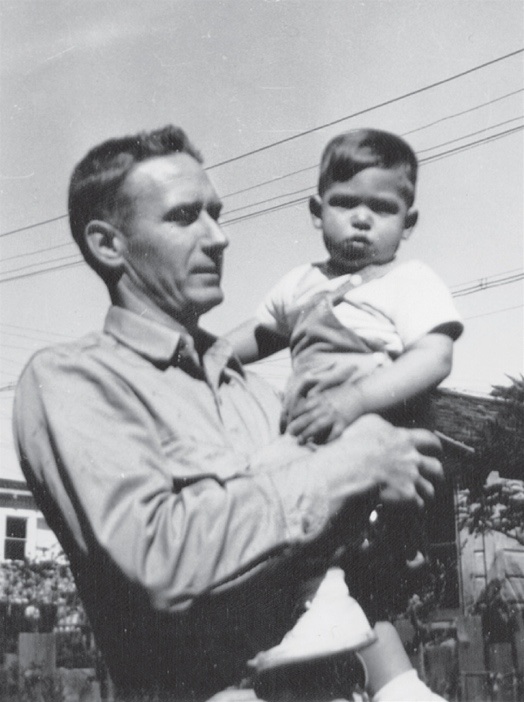Steve Jobs' legacy: 4 unrealized projects and surprising facts
 What we don't know about Steve Jobs (photo: Getty Images)
What we don't know about Steve Jobs (photo: Getty Images)
On October 5, 2011, the tech world lost one of its most iconic visionaries, Steve Jobs, co-founder of Apple Inc., to pancreatic cancer at the age of 56. His passing marked the end of a remarkable era of innovation, but his legacy continues to shape technology today.
RBC-Ukraine presents several projects that Steve Jobs never had the chance to complete, as well as the most intriguing facts about his life.
Steve Jobs' unrealized projects
Despite his incredible achievements, there were projects that Jobs could not bring to completion. Some of these had the potential to transform entire industries, much like those he worked on in the past.
Apple Car (Project Titan)
One of the most widely discussed projects was the autonomous Apple car, known as Project Titan. Although Jobs did not directly participate in the car's development in the years leading up to his death, he reportedly showed interest in the automotive industry.
It is believed that Jobs toyed with the idea of creating a revolutionary car, aiming to achieve a seamless blend of technology and transportation. After his death, Apple continued to explore this project, though its status remains uncertain to this day.

The Apple Car project (photo: Current EV)
Apple TV revolution
Jobs was passionate about changing the way we consume television. In Walter Isaacson's biography, Jobs is quoted saying, "I finally cracked it," referring to a new intuitive television interface that would be integrated with the internet and other Apple services.
While Apple TV was eventually developed, none of the versions have matched the groundbreaking changes Jobs envisioned.
The next evolution of the iPhone and iPad
Although Jobs introduced the first iPhone and iPad, his vision for these devices was far from complete. He believed both could evolve to become even more integrated into everyday life and culture.
The iPhone 4S, which was released just one day before his death, was a solid improvement, but Jobs had further ideas about the future of artificial intelligence, smart assistants, and sensors that would make these devices indispensable in new ways.
Siri, Apple's voice-activated assistant, launched with the iPhone 4S, but its development and improvement were slow, possibly due to the absence of Jobs' innovative drive.
Health technologies
Jobs' personal battle with illness sparked his interest in health technology. Although Apple wasn't involved in health products during his tenure, Jobs had a vision of how wearable technologies could impact personal health.
His ideas laid the foundation for what would later become the Apple Watch, with its built-in heart rate monitors and health tracking capabilities. Though Jobs did not live to see it, his influence is evident in Apple's commitment to health innovation.
Intriguing facts about Steve Jobs
Steve Jobs' life was filled with paradoxes, creativity, and challenges, making him one of the most captivating figures in modern history.
An adopted son raised in Silicon Valley
Jobs was born in 1955 in San Francisco to biological parents Joanne Schieble and Abdulfattah Jandali but was put up for adoption. He was raised by Paul and Clara Jobs in Mountain View, California, right in the heart of Silicon Valley. This region would become synonymous with the tech revolution Jobs helped lead.

Steve Jobs in childhood (photo: Steve Jobs)
College dropout
Like other well-known tech pioneers, including Bill Gates and Mark Zuckerberg, Jobs did not complete college. He dropped out of Reed College after just one semester but stayed on campus to audit classes that interested him, such as calligraphy, which later influenced typography and the design of Apple products.
Co-founder of Pixar
Aside from Apple, another major success for Jobs was his role in the world of animation. In 1986, after being ousted from Apple, he bought The Graphics Group (later renamed Pixar) from Lucasfilm.
Under his leadership, Pixar went on to release groundbreaking films like "Toy Story" and "Finding Nemo," revolutionizing animation and eventually merging with Disney.
Buddhist and minimalist
Jobs was known for his minimalist lifestyle and interest in Buddhism, which he studied during a trip to India in his early twenties. This philosophy influenced his approach to design, favoring simplicity and clarity over complexity. His iconic black turtleneck, jeans, and sneakers became a symbol of his unpretentious style.
Perfectionist leader
Jobs was renowned for his perfectionism and demanding nature. He often pushed his teams to the limit, but his relentless pursuit of excellence led to the creation of some of the most iconic products ever made. On one occasion, he delayed the launch of the iPhone by several weeks because he was dissatisfied with the appearance of the screen glass.
Steve Jobs' legacy
Though Jobs' career was cut short, his influence continues to be felt worldwide. His blend of creativity, determination, and vision laid the groundwork for innovations that continue to shape our digital lives.
Many of the products and ideas he introduced, such as the iPhone, iTunes Store, and MacBook, have become cornerstones of modern technology.
Sources: Forbes, MacRumors, The Verge.

